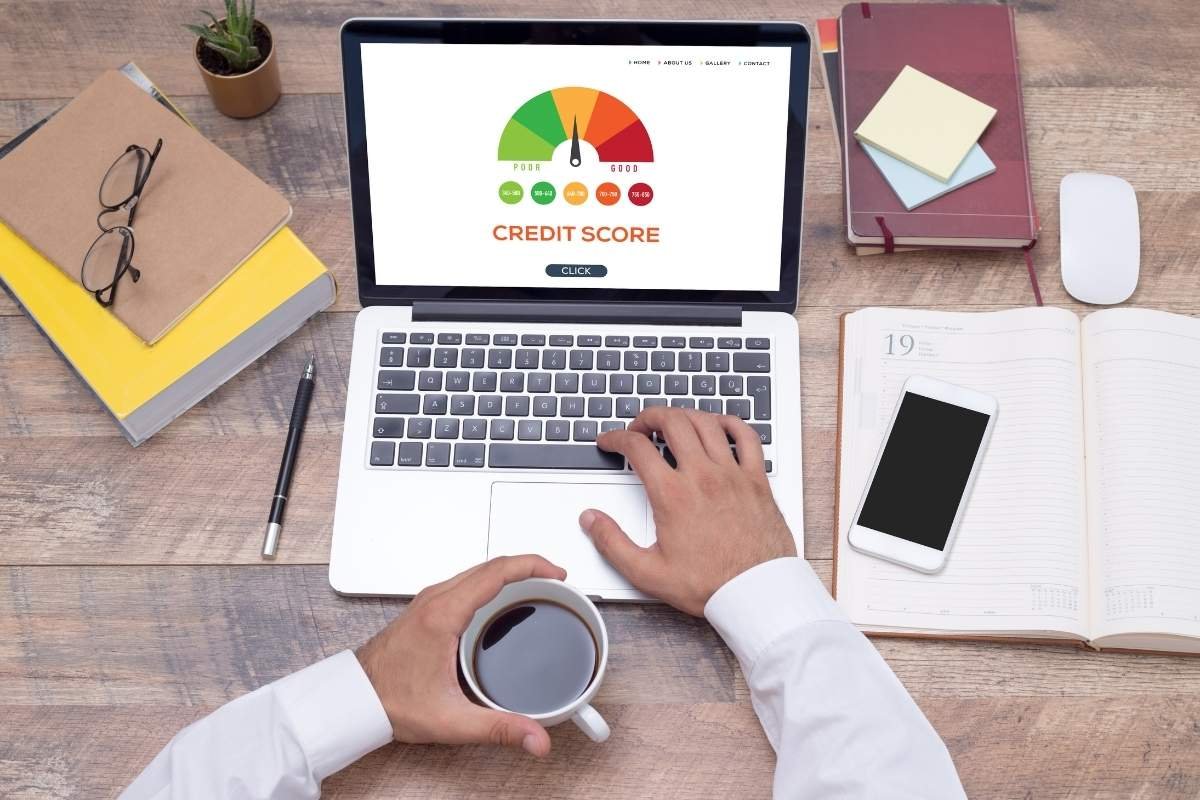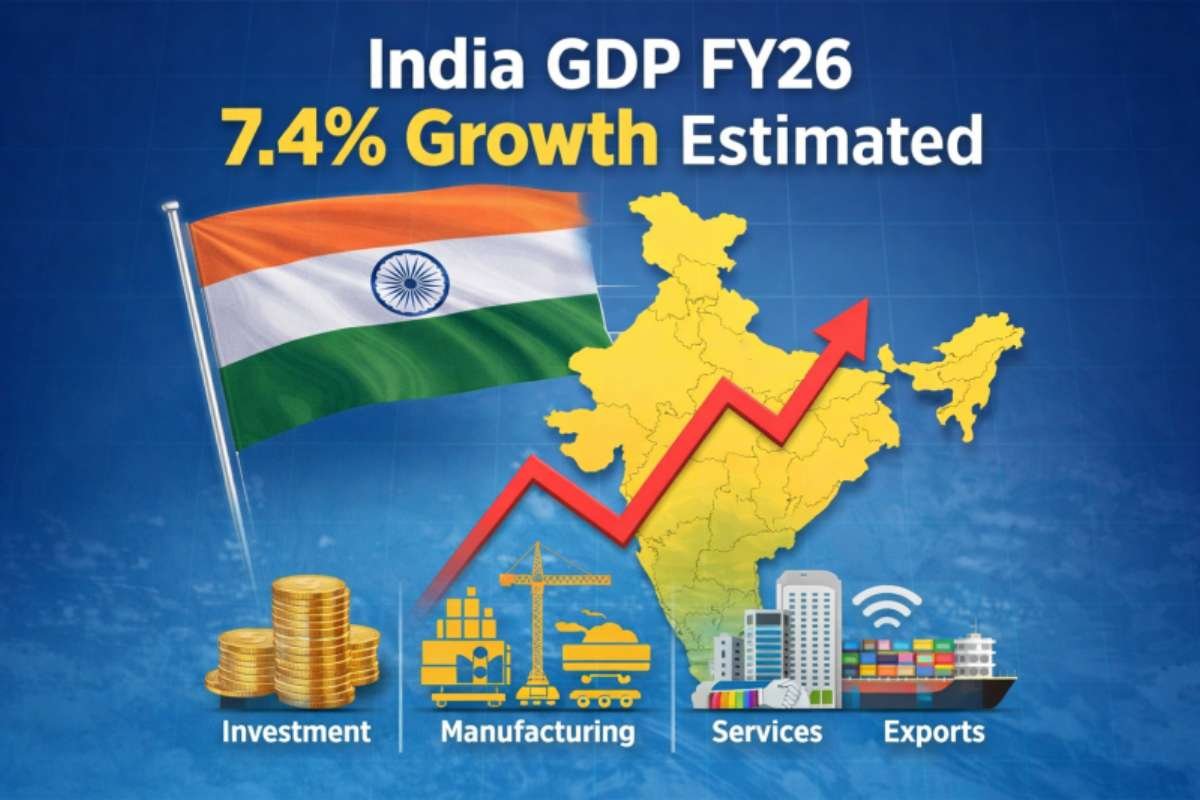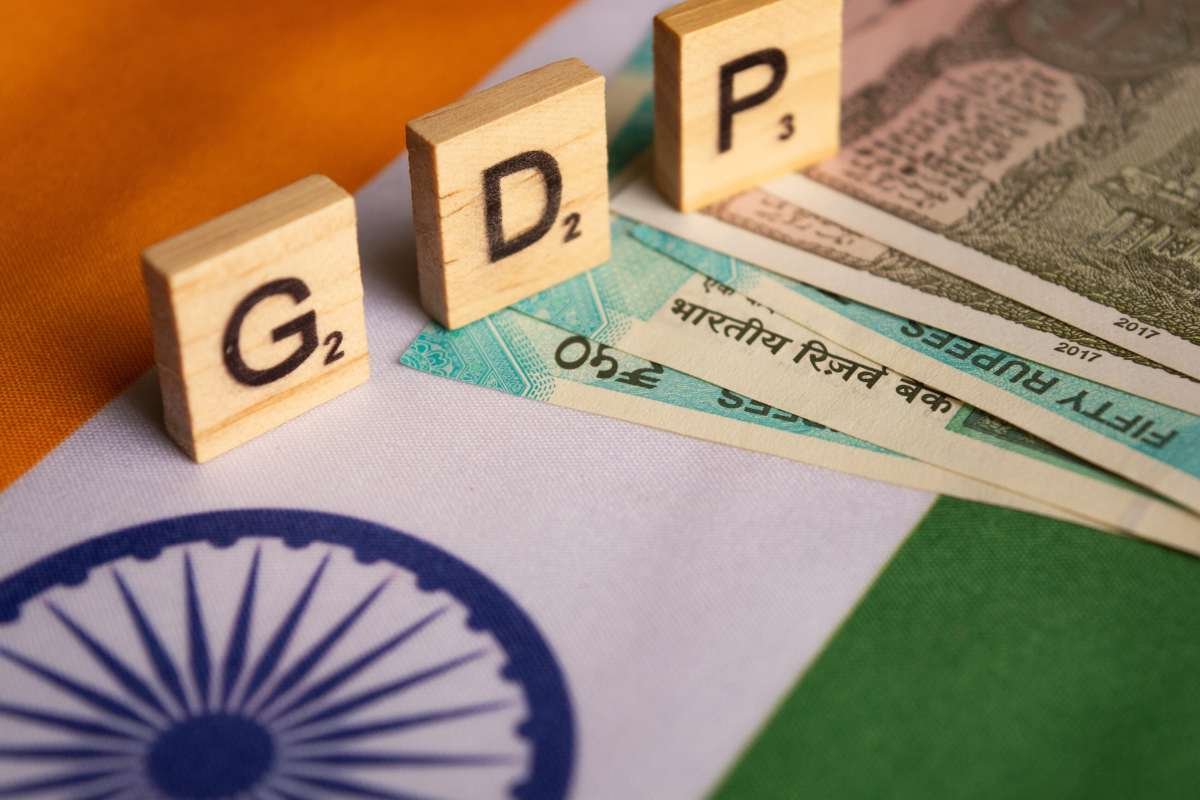In today’s fast-paced world, managing personal finances can be a daunting task. With rising costs and fluctuating incomes, many individuals in India find themselves grappling with debt. Whether it’s due to educational expenses, medical emergencies, or lifestyle choices, debt can quickly spiral out of control if not managed effectively. This is where debt management strategies come into play. By adopting the right approaches, individuals can regain control over their finances, reduce stress, and work towards a debt-free future.
Understanding Debt
Before delving into effective debt management strategies, it’s essential to understand what debt is. Debt is essentially borrowed money that must be paid back, typically with interest. Common forms of debt include personal loans, credit card debt, home loans, and student loans. In India, many people rely on credit cards and personal loans to meet their immediate financial needs, often leading to a cycle of debt that becomes increasingly challenging to escape.
The Importance of Debt Management

Effective debt management is crucial for financial stability. Poor debt management can lead to high interest payments, lower credit scores, and ultimately financial ruin. On the other hand, employing sound debt management strategies can help you:
- Improve Your Credit Score: Timely payments and reduced outstanding debts enhance your creditworthiness.
- Save Money: By paying off debts strategically, you can minimize interest payments.
- Reduce Stress: A well-structured plan gives you clarity and control over your financial situation.
- Achieve Financial Goals: With less debt, you can focus on saving for the future, whether it’s for a home, education, or retirement.
Effective Debt Management Strategies
1. Create a Budget
One of the foundational debt management strategies is creating a budget. A well-structured budget helps you understand your income and expenses, allowing you to allocate funds effectively. Start by listing all sources of income and all monthly expenses, including debts. By visualizing where your money goes, you can identify areas to cut back and redirect those savings toward debt repayment.
2. Prioritize Your Debts

Not all debts are created equal. Some debts, like credit card balances, come with high interest rates, while others, like home loans, usually have lower rates. Prioritizing which debts to pay off first can significantly impact your financial health. Consider using the debt avalanche method, where you focus on paying off high-interest debts first while making minimum payments on others. Alternatively, the debt snowball method involves paying off smaller debts first for a quick psychological boost.
3. Negotiate with Creditors
If you’re struggling to keep up with payments, don’t hesitate to contact your creditors. Many lenders are willing to negotiate terms or provide relief options, especially if you explain your situation. This can include lowering interest rates, extending payment terms, or even settling for a lesser amount. Such negotiations can make a significant difference in your repayment plan and are a vital part of effective debt management strategies.
4. Consider Debt Consolidation
Debt consolidation involves combining multiple debts into a single loan with a lower interest rate. This strategy simplifies payments and can reduce the total amount of interest paid over time. In India, various banks and financial institutions offer debt consolidation loans. However, it’s crucial to evaluate the terms and ensure that the new loan is genuinely more favorable than your existing debts.
5. Build an Emergency Fund
An often overlooked aspect of debt management strategies is the importance of having an emergency fund. This fund acts as a financial cushion, preventing you from relying on credit cards or loans during unexpected expenses. Aim to save at least 3-6 months’ worth of living expenses. Having this safety net not only reduces the need for further borrowing but also brings peace of mind.
6. Seek Professional Help

If your debt situation is overwhelming, consider seeking help from a financial advisor or a credit counseling service. In India, several non-profit organizations offer debt counseling services that can provide you with tailored advice and support. Professional guidance can help you develop effective debt management strategies and create a sustainable repayment plan.
7. Adopt Responsible Spending Habits
Prevention is key to effective debt management. By adopting responsible spending habits, you can avoid falling back into the cycle of debt. This includes:
- Avoiding Impulse Purchases: Always think twice before making a purchase, especially if it’s not planned.
- Using Cash Instead of Credit: Paying with cash can help you stick to your budget and avoid accumulating debt.
- Educating Yourself About Financial Literacy: Understanding personal finance concepts can empower you to make informed decisions.
Conclusion
Debt management is an essential aspect of maintaining financial health, particularly in the Indian context, where consumer debt is on the rise. By implementing effective debt management strategies, individuals can not only alleviate their current financial burdens but also pave the way for a secure and prosperous future. Remember, the key is to take proactive steps toward managing your debt, be it through budgeting, negotiating, or seeking professional help.
In a world filled with financial uncertainties, having a clear plan and strategy can make all the difference. Start today by assessing your financial situation and implementing these strategies to take control of your debt. With determination and the right approach, a debt-free life is within your reach.
Did you find this article helpful? Visit more of our blogs! Business Viewpoint Magazine











